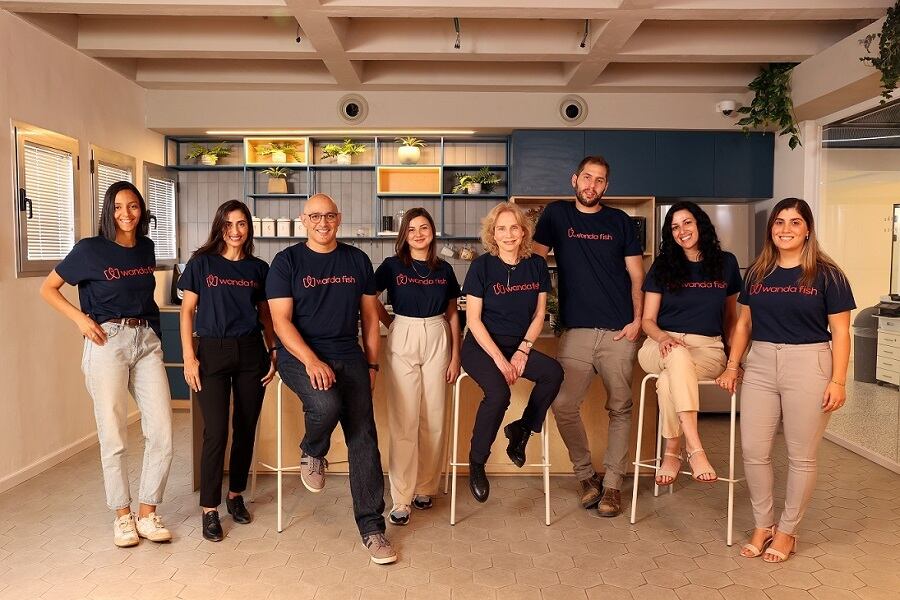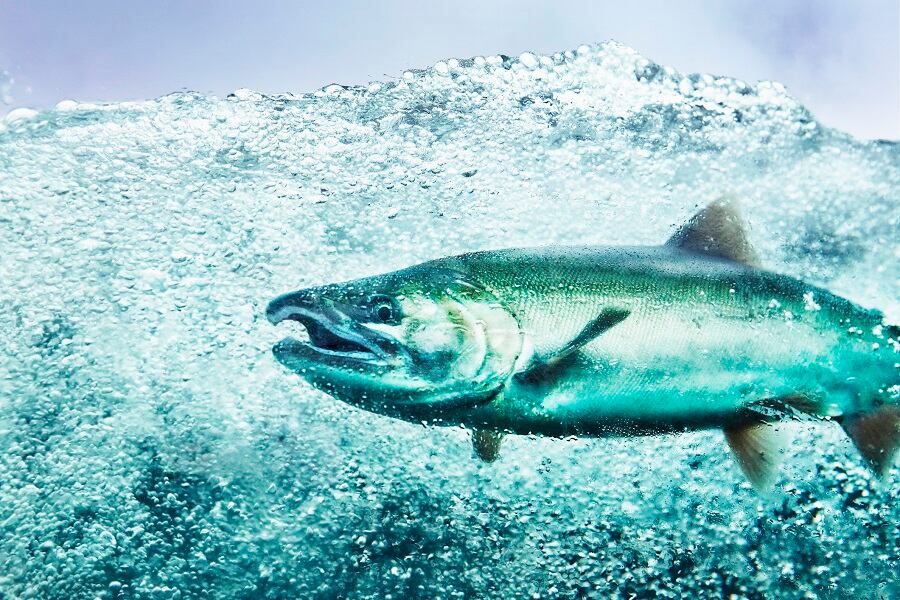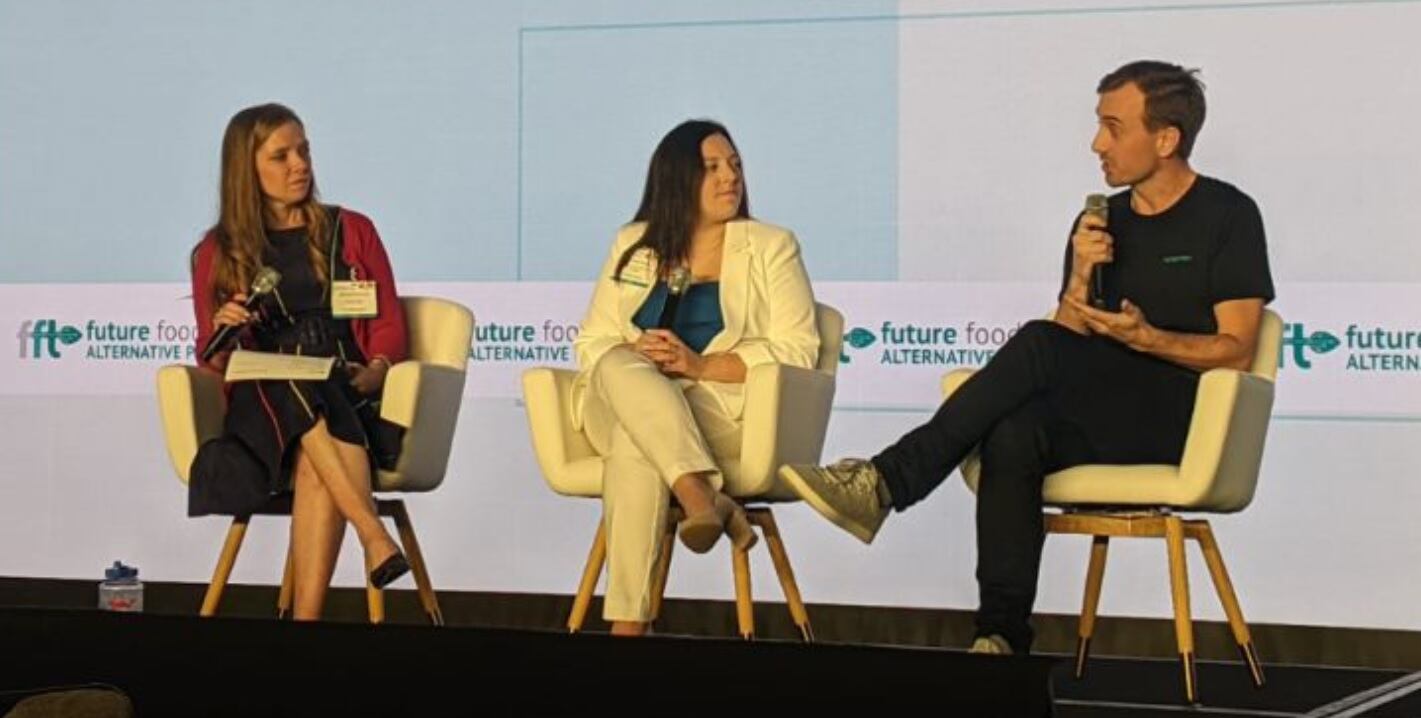The round was led by Aqua-Spark, a global aquaculture investment fund based in the Netherlands, along with additional funding from former pre-seed investors including The Kitchen Hub by the Strauss Group, Peregrine Ventures, LLC, PICO Venture Partners, MOREVC and CPT Capital, LLP.
Since its inception in 2021, Wanda Fish has secured $10 million in funding. The company has focused on replicating wild-caught bluefin tuna’s texture, flavor and nutritional value. The filets “comprise of the fish’s muscle and fat cells and contain the same native proteins and fatty acids, including omega-3 and other essential nutrients,” the company described in a press release.
Through Wanda Fish’s proprietary technique, fat and muscle tissue cells are formed in a 3D filet structure to create a range of filet cuts, including its Toro premium cut.
Addressing an overburdened marine ecosystem
“We firmly believe in a future where sustainably farmed and cultivated seafood will work in concert with one another to alleviate the burden of overfishing, especially species like bluefin tuna which are deemed unsustainable to farm,” said Lissy Smit, CEO, Aqua-Spark in a press statement.
While aquaculture is growing in the seafood sector, tuna is “considered unsustainable to farm due to the feed resources, pen size requirements and difficulty of breeding in captivity,” the company stated.
The company is focused on scaling its cultivation of bluefin tuna to improve sustainable accessibility. With a balance of protein and fat, bluefin tuna’s popularity has grown in high-end sushi restaurants, which has led to an increase in demand and costs, Wanda Fish stated. While overfishing drives the species towards endangerment, governments are forced to “significantly limit fishing quotas" and contributing to an unstable supply.
With growing consumer concerns over ocean pollution and tuna’s notoriety of containing high levels of heave metals, Wanda Fish stated that its cultivated filets address quality, as the cuts contain “no common ocean pollutants, like mercury, and is produced under non-GMO standards.”
In a statement, Daphna Heffetz, Ph.D, co-founder, CEO, Wanda Fish expressed the company’s mission to “improve the global food value chain, creating a tasty, more sustainable future for all,” while Jonathan Berger, CEO, The Kitchen FoodTech Hub, emphasized the company’s contributions to the alternative protein category is “good news for an overburdened marine ecosystem.”



